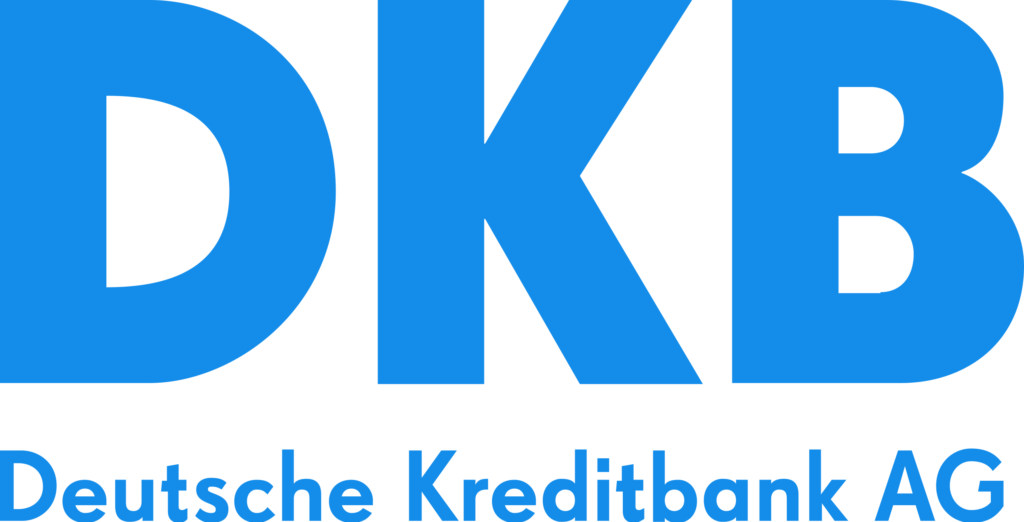This is the second part of the Complete Guide to Investing in Germany. In Part-I, the basics of investing in general, was discussed. In this section, we will look at the basics of investing in Germany.
Investing in Germany
Investing in Germany is the same as in other countries. However, due to the language, the terms used are different. The below explains the German terms and their English translation of what you will need to know before you start to invest in Germany.
Where to invest in Germany
The different types of financial instruments in which can be invested in. This lists only the basic types of financial instruments which is commonly used as investments. The list does not include derivatives or other instruments.
- Aktien: Stocks representing the shares of a company. This could be an aktien of BMW or Seimens or other companies.
- Fonds: Funds or also called Mutual funds, are financial instruments where a manager invests the money pooled in by many investors.
- ETF / Indexfonds: The Exchange-traded funds or index funds (Indexfonds) which track a particular index.
Types of Fonds
So, here are more German terms you might come across when selecting your investment funds:
- Equity Funds (Aktienfonds): Funds that invest at least 51% of its money in stocks/shares), ETF’s also count as Aktienfonds
- Balanced Funds (Mischfonds ): Fund that invests at least 25% of its money in stocks/shares)
- Real Estate Investment Funds (Immobilienfonds): Funds that invest at least 51% of its money in real estate, or in companies that only own real estate
- Bond Funds (Rentenfonds): Fund that invests in bonds. Since bonds guarantee a fixed income, and cannot lose value as rapidly as an equity fund, this is desirable for pensioners.
- Money Market Funds (Geldmarktfonds): Fund that invests in fixed-term deposits and bonds, all of which will come due in less than 12 months.
How to invest in Germany
So, what do you need to open to start investing in Germany? The two important things you need before you can start investing is a
- Broker: A brokerage institution which acts as an intermediary between you and the exchange. Normally, any Broker is alright as long as they. It is prefered that you select a German broker since they know the German regulations and provide annual statements which are useful when filing your tax returns.
- Depot: Is a depository account with an institution where your financial instruments such as stocks, ETF, Funds etc., are deposited. It is also called a securities deposit account (Werpapierdepotkonto).
In Germany, usually, the brokerage house will also provide the depository account. Therefore, all you will hear of is about a Depository account (Depot or Depotkonto). So all you will need to start investing in Germany is a Depotkonto.
How to select a Depotkonto
There are two types of depotkonto providers in Germany:
- Depotkonto with a Bank
- Depotkonto with Discount brokers
1. Depotkonto with a Bank
Banks such as Comdirect, DKB, Commerzbank, DAB, etc, provide a depotkonto.
Advantages of depotkonto with a Bank is that it is a part of other services from your bank, therefore, you can have a normal bank account and also a depotkonto (deposit account). It provides you with a single access point to maintain all your accounts. You also do not need to make an advance deposit since it will be automatically withdrawn from your bank account.
The disadvantages of depotkonto with a bank is that they usually charge high transaction costs. Some banks also provide for a some kind of savings plan (sparplan) with regular monthly investment without charges (explained below).
2. Depotkonto with Discount brokers
Examples of such discount brokers are as Bankx, OnVista, Flatex, Captrader, etc.
Advantages of depotkonto with a discount broker is that they usually have low transaction costs. This is useful for those who wish to trade frequently in stocks and shares, which is not recommended for a beginner. However, if you want to invest directly in a company and know what stock to buy, then you can use Discount brokers.
However, the disadvantage is that since it is not linked to your bank, you will have to maintain a deposit in your brokerage account in case you need to make any purchases. Also, when you sell, the money will have to transfer into your bank account, which will take a transaction time of a day or two.
Costs and charges for Depotkonto
In the long run, various costs and charges make a significant difference when selecting between a good depotkonto and a bad depotkonto. The different costs associated with a depotkonto are listed below:
Depotführung : Maintainance charges for the depotkonto (Deposit account). This depends on the total value of your securities in your deposit account and may be charged monthly or annually. Almost all the accounts now offer a free deposit account (Kostenlose Depotführung) without any maintenance charges. So make sure you select an account which does not incur this cost. There may be certain conditions associated with giving a free deposit account. For example, the deposit account is free if you maintain a bank account with Comdirect or a savings plan.
Ordergebühren: Order fees for each transaction to buy or sell are also called Kosten pro Order (cost per order). This cost is charged per order and may also depend on the size of the order (total value of the purchase). It might be a fixed cost or a percentage value, such as 0.25% of the total value, subject to a minimum value. It also depends on whether you are using a foreign stock exchange (NYSE, London) or a German stock exchange (Frankfurt) to make your purchases.
Ausgabeaufschlag : Commission charges or load fees. Some brokers earn a commission or provision for the sale of certain funds. This is deducted from the load fees paid by the investor. Sometimes, such commissions can go as high as 5%, which is added to purchase value. Some brokers cancel or give a discount on these charges for Sparpläne (savings plan).
Selecting the right depotkonto depends on your requirements and what kinds of investments you will make. So if you are a beginner in investing, or if you are not sure about investing in Germany, then you should rather select a broker with allows you to invest in a fund or ETF’s with the low costs. This can be done through a depot using a free Sparpläne (savings plan).
What is a FondsSparpläne (Funds savings plan)?
The best way to invest is by regular investing in a savings plan. This will also give you the benefit of cost averaging.
As the name signifies, by using a saving plan invests you can invest a fixed sum of money each month (at a particular date) into a particular fund. The fund could either be a normal mutual fund or an ETF or Index fund. Depending on the value of the fund on the day for which you have signed up for, a certain number of units (or fractions thereof) are purchased. The sparplan can be started for as low as 25 euro investment per month.
If you plan to make a small number of regular monthly investments into Funds or ETF’s, then selecting a depotkonto which provide savings plan without any transaction charges makes sense.
Depotkonto Recommendations
Since the article is also designed to be a simple guide for beginner investing in Germany, here are the top two recommendations for a depotkonto in Germany. For a more detailed analysis of various depotkonto (deposit account) in Germany, including their costs, check the calculator below.
Low-Cost (Neobroker) Broker Recommendations
If you are planning to start investing in a savings plan, which is recommended for a start, the two most recommended new age (Neo Brokers) depotkonto in Germany:
Trade Republic
This low-cost broker is the German equivalent of Robinhood with a similar business model, with a flat-rate fee of EUR 1 for each trade.

Free Trading account
English App
Free Depot Account
€1 per trade
Free savings plan
2% Interest on your uninvested cash
Scalable Capital
The low-cost broker has a free plan with 99c per trade or a prime broker with free trading for fixed monthly costs.

Free Trading account
English App and website
Free Depot Account
PostIdent
€0.99 per trade (Free Account)
Free trading (Prime Broker – €2.99pm) – €100 Joining Bonus
Free savings plan
Recommended Bank and Depot account
DKB -Broker

Free Depot Account (for Active Bank account holders)
Saving plan – Free Selected funds (others €1.5)
English DKB App
Fixed transition cost – €10 (< €10,000) otherwise €25.
Possible for minors (under 18)
Free Bank Account
Comdirect Depot

Free Depot Account (for Account holders or savings plans).
Saving plan – Free Selected funds (others 1.5%).
Transition cost – €4.90 plus 0.25% of the order (min € 9.90 – max € 59.90).
Children’s deposit account possible